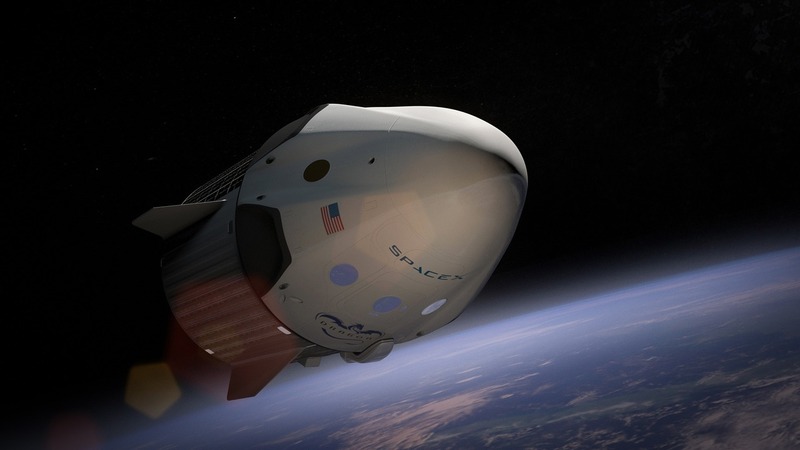NCC Group and the University of Surrey have set up a "Space Cyber Security Research Partnership"

NCC Group and the University of Surrey have set up a "Space Cyber Security Research Partnership" to investigate the security issues faced by satellites.
A breathless statement from the British university and infosec firm informs us all that they "will utilise the University's world-leading expertise in technological innovation and focus on high-impact research to improve the understanding of current and future security challenges facing the industry".
On top of this they will also be sponsoring a PhD student to look closely at the security implications of using commercial off-the-shelf (COTS) components in satellites.
The organisations added: "Traditionally the satellite industry has, to some extent, relied upon 'security through obscurity'. However, this is no longer the case, as well-known operating systems are being deployed that could potentially be vulnerable to common security issues."
A handful of conferences in Britain's defence and security communities have touched on the largely unexplored area of satellites and infosec, but this partnership marks a step forward for the field. Surrey University's brightest brains spawned Surrey Satellite Technology Ltd (SSTL), now owned by the defence arm of Airbus and supplying services to the Ministry of Defence, while NCC is well known in the UK infosec industry.
Andy Davis, NCC Group's transport assurance practice director, said in a canned quote: "Cyber security research in this field is urgently required and establishing this centre of excellence will help further increase knowledge about the potential threats facing emerging space assets. With the University of Surrey's track record of bringing together business and academia, I've no doubt this partnership will be a huge success."
Intriguingly, SSTL built some of the navigational payloads on the EU's Galileo satellite, a programme that has caused much wailing and gnashing of teeth in the UK following the nation's vote to leave the political bloc in 2016. Predictably, the EU shut the UK out, which put a rather large dent in the British government's ambition of securing 10 per cent of the global space market.
Dr Chris Bridges, senior lecturer at Surrey Space Centre, chipped in: "With smallsats and nanosatellites becoming commonplace and the typical launch and regulatory barriers shifting, more commercial missions are being launched in Low Earth Orbit (LEO). Understanding the risks to these important assets and how they are managed is critical for ensuring the security of future infrastructure."
El Reg imagines that the EU will be particularly interested in the partnership's output, given that the COTS navigational hardware for its flagship GPS replacement system was bolted to its birds by what it now insists on calling a "third country".
